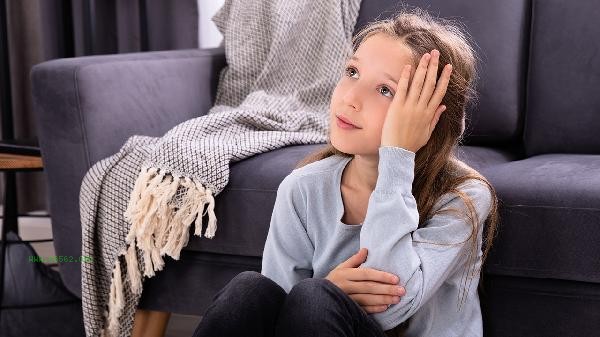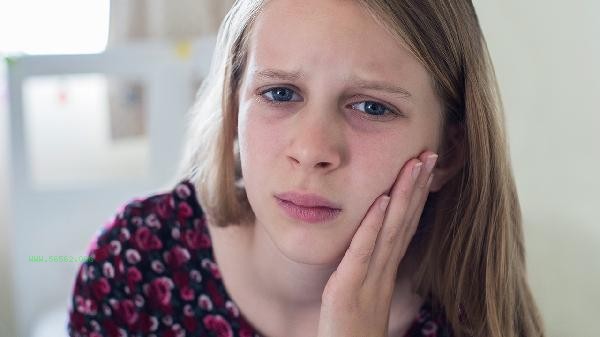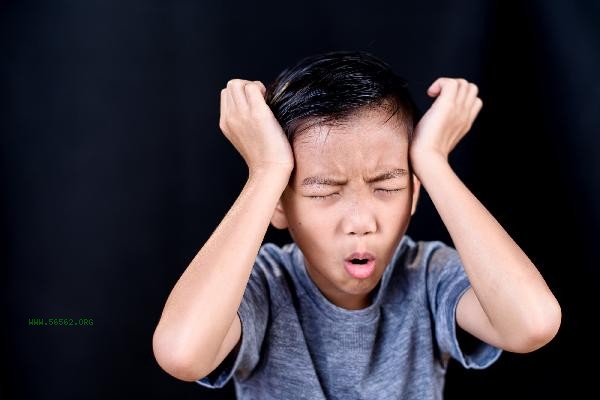During the period when children drink traditional Chinese medicine, they should avoid raw, cold, greasy, spicy, and stimulating foods. It is forbidden to increase or decrease the dosage or mix Western medicine without authorization. If adverse reactions such as rash and diarrhea occur during medication, they should immediately stop taking the medicine and seek medical attention.

1. Dietary taboos
During the use of traditional Chinese medicine, it is necessary to avoid eating raw and cold foods such as ice cream and cold drinks, as these foods can damage the spleen and stomach yang qi and affect drug absorption. Greasy foods such as fried chicken and fatty meat can increase the burden on the gastrointestinal tract and reduce their effectiveness. Spicy and stimulating foods such as chili peppers and ginger may alter their medicinal properties, and when taken together with heat clearing traditional Chinese medicines, they can easily cause adverse reactions. It is recommended to eat millet Congee, yam isothermal and digestible food.
2. Drug Interactions
Co administration of traditional Chinese medicine with some Western medicines may result in toxicity or reduced efficacy. For example, co administration of tannins containing traditional Chinese medicine with iron agents may produce precipitation, while co administration of calcium containing traditional Chinese medicine with antibiotics may affect absorption. Taking cough suppressants and central cough suppressants together may lead to respiratory depression. Parents should inform doctors of all medications their children are taking and avoid mixing medications on their own.
3. Attention to special constitution
Children with allergic constitution need to undergo a skin test before taking traditional Chinese medicine containing insect and pollen components. Children with asthma should use sweating and surface relieving drugs such as ephedra with caution. For those with weak spleen and stomach, the dosage of bitter and cold herbs should be reduced. If allergic symptoms such as skin itching and swollen lips occur during medication, or if there are persistent gastrointestinal reactions such as abdominal pain and vomiting, the medication should be stopped immediately and a prescription should be brought to seek medical attention.

4. Standard method of decoction
After refrigeration, the decoction should be thoroughly heated to avoid taking overnight medication. Children's medication is usually taken in small amounts multiple times, with 30-50 milliliters each time being appropriate, and a small amount of rock sugar can be added for seasoning. It is not advisable to take traditional Chinese medicine with tea or milk. Avoid vigorous exercise within half an hour after taking the medicine to prevent nausea and vomiting.
5. Key points of daily care
During medication, ensure sufficient sleep and avoid catching a cold. Tuina massage techniques such as Zusanli and spine massage can assist in enhancing the efficacy of the medicine. Moxibustion at the Zhongwan acupoint can help improve gastrointestinal discomfort after taking medication. Parents need to closely monitor their children's mental state, bowel movements, and record any abnormal reactions for doctors to refer to during follow-up visits.

Children should strictly follow the doctor's advice when taking traditional Chinese medicine, and parents should properly store the herbs to avoid children ingesting them. During the medication period, gentle exercises such as Ba Duan Jin and Wu Qin Xi can be combined to promote the circulation of qi and blood. If long-term medication is required, it is recommended to have a biweekly follow-up to adjust the prescription and regularly test liver and kidney function. In terms of diet, it is advisable to add medicinal and edible ingredients such as Poria cocos and Coix seed in moderation to enhance the digestive and digestive functions.









Comments (0)
Leave a Comment
No comments yet
Be the first to share your thoughts!